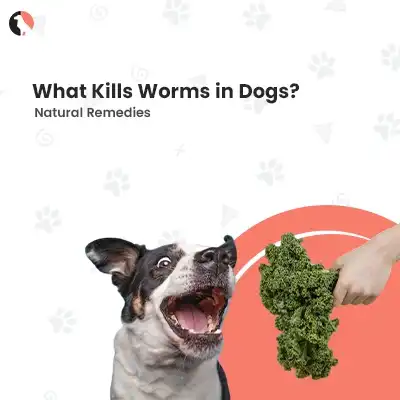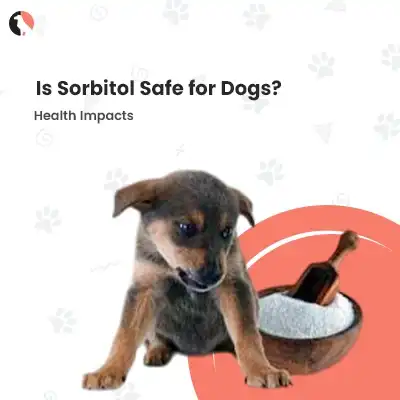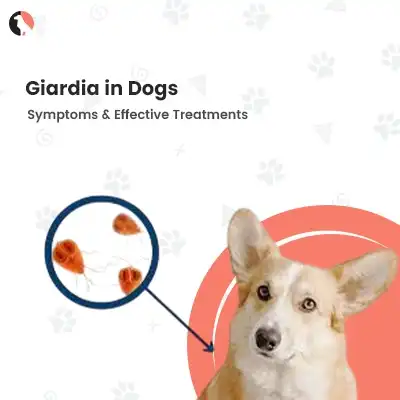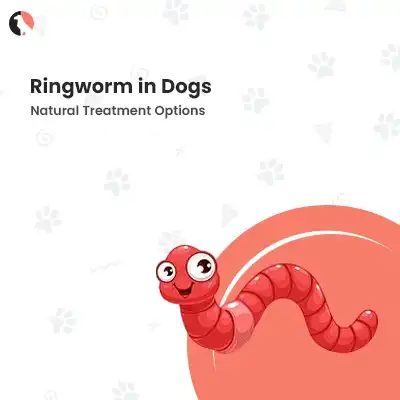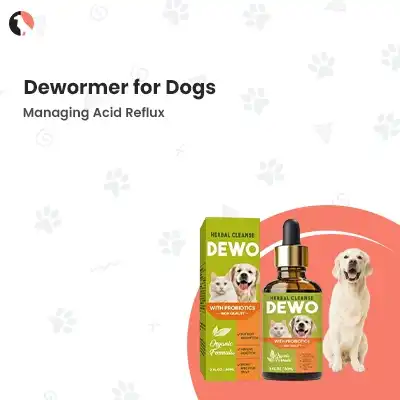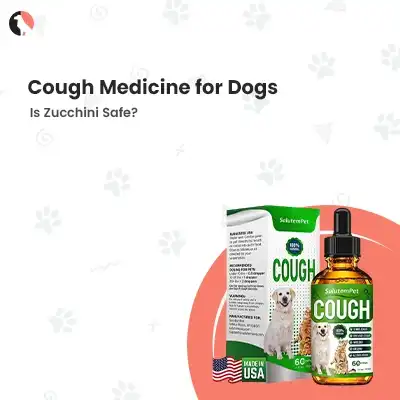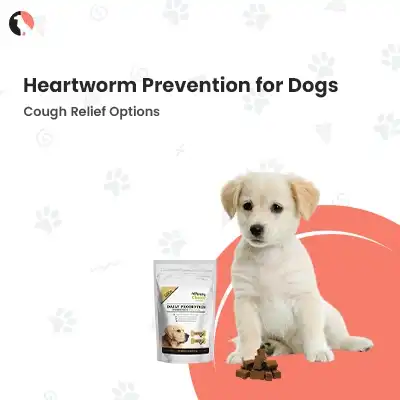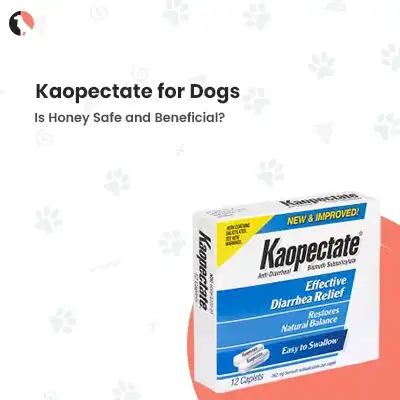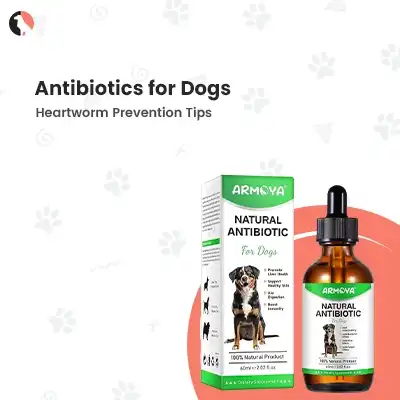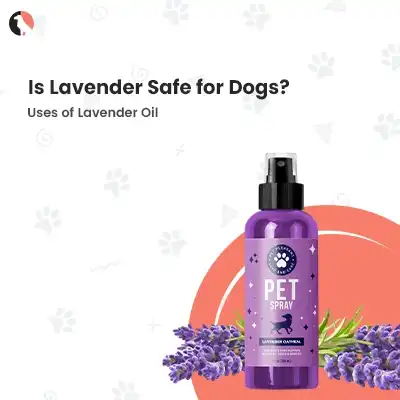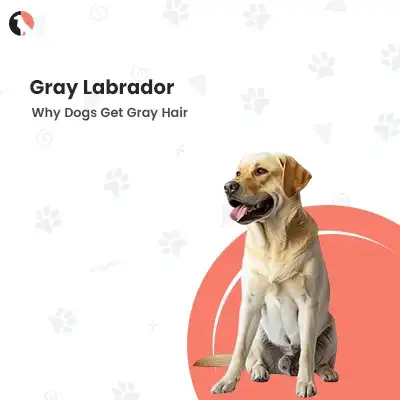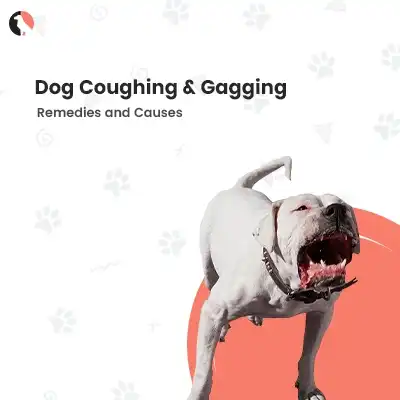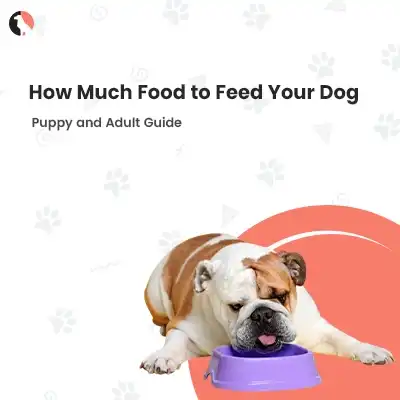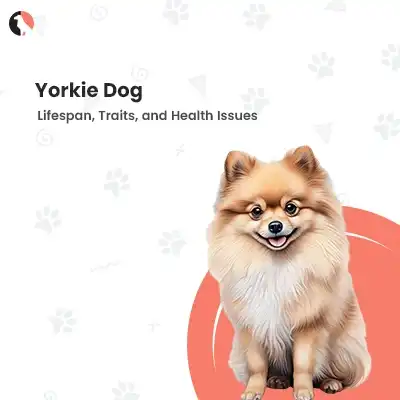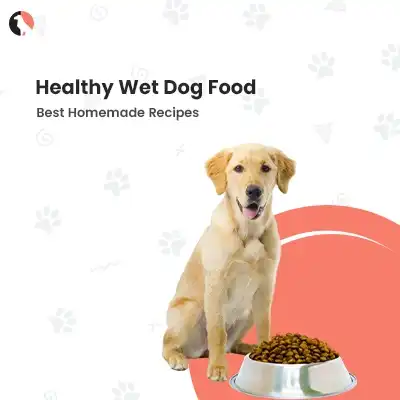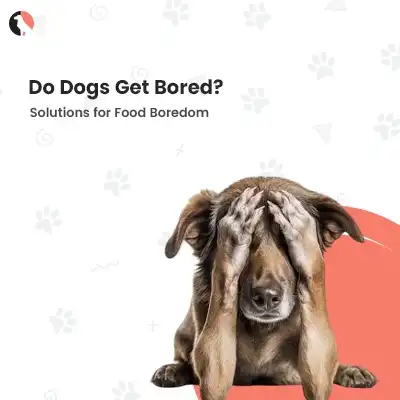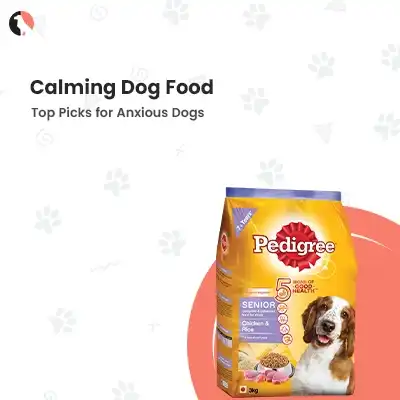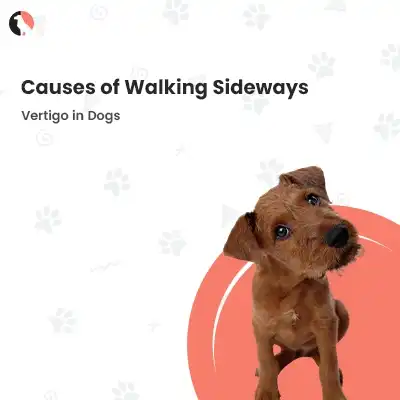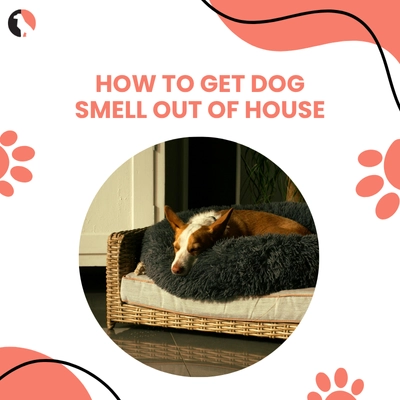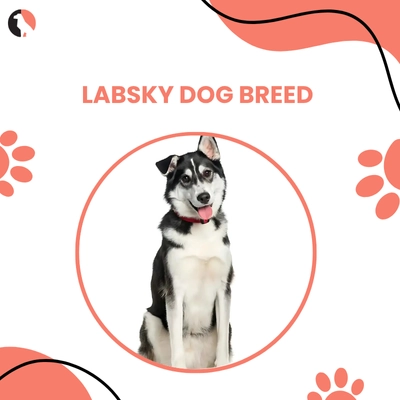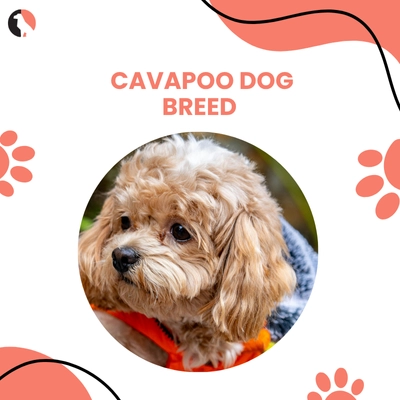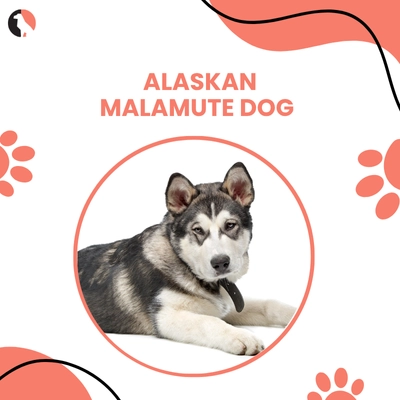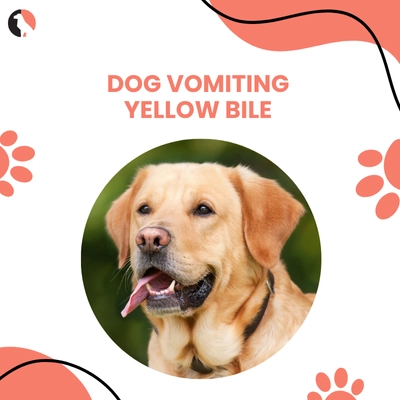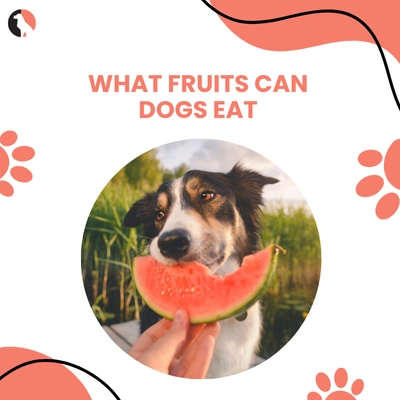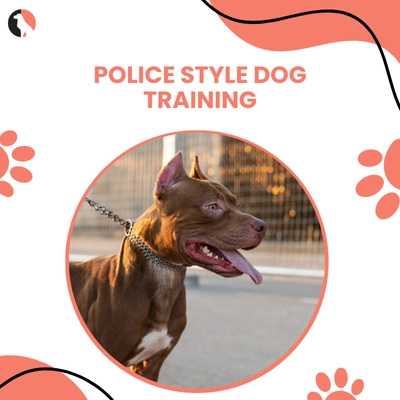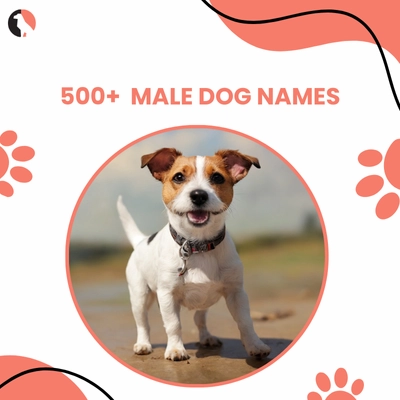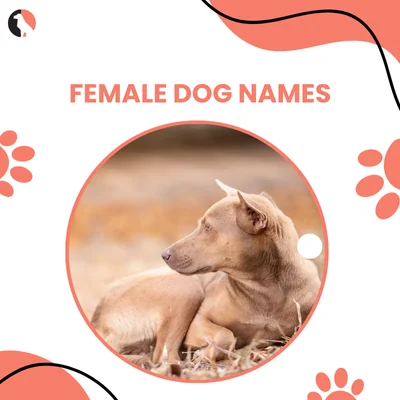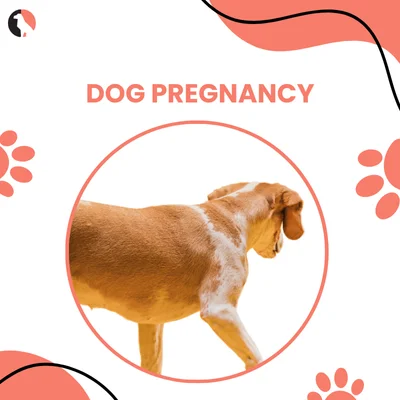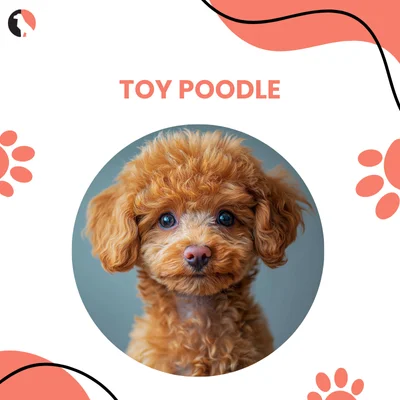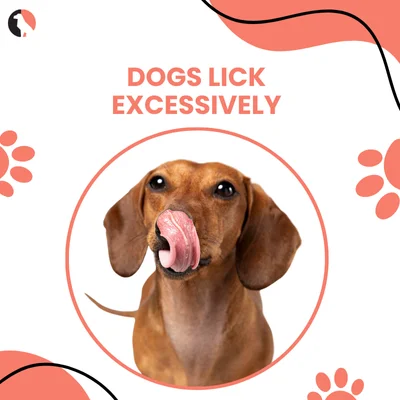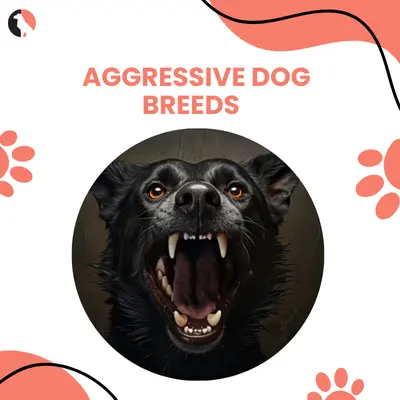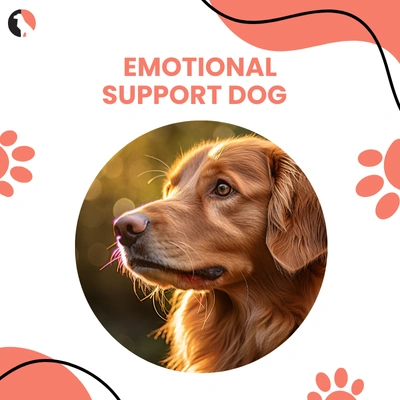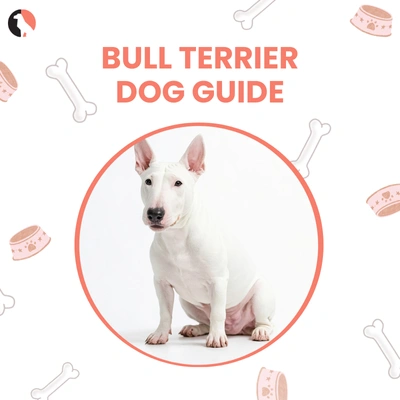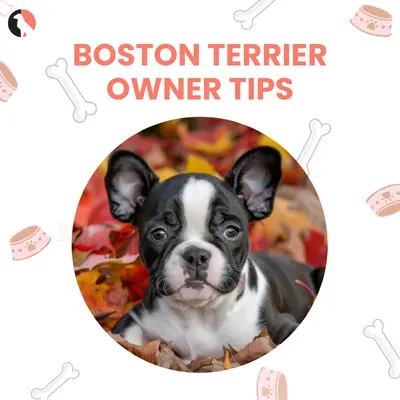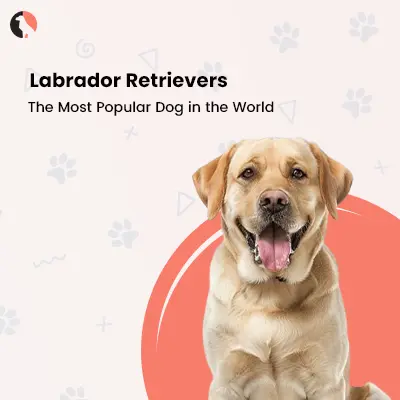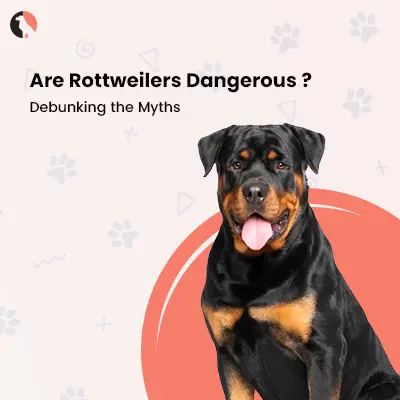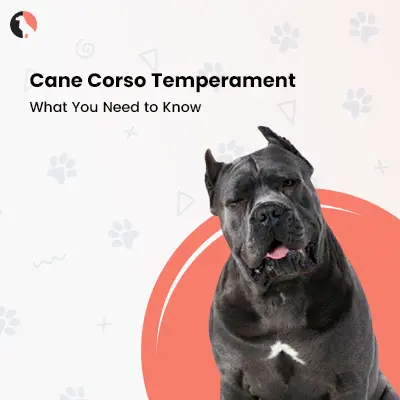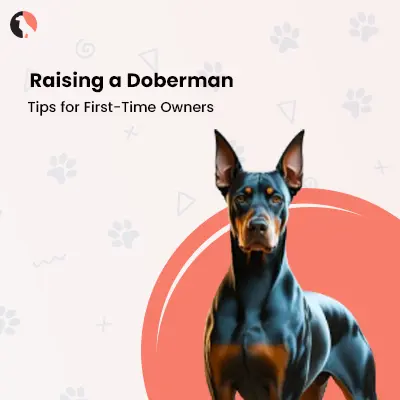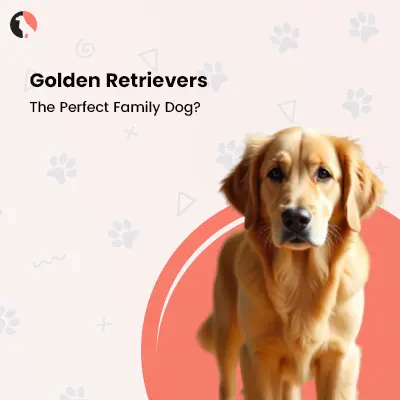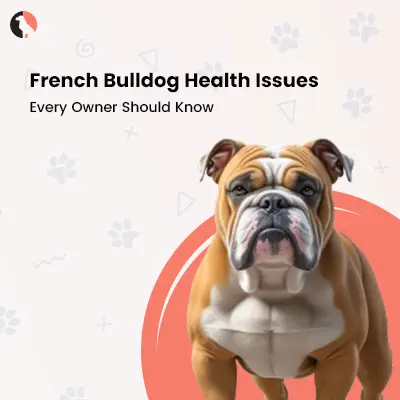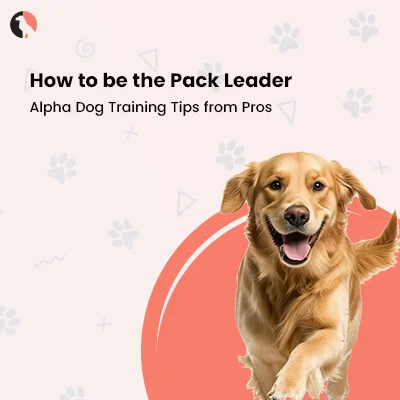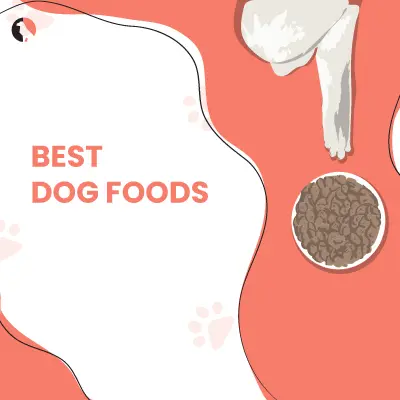The thought of being in your living room, and hearing that loud dog fart with a putrid odor of egg factory hitting your nose. You get up, open your windows, and start thinking, How could this be normal…right? Do dogs fart? This smells so awful, and this is how your dog expresses digestive stress. The good news, though? Some intelligent moves will help you to save on some gas, spare your pup its gut, and get some fresh air.
Why Does Your Dog Fart (And Why It Smells)?
Many people have the same question: why is my dog farting so much? The answer is here. The fart of a dog is not merely a funny scene but it is a glimpse of intestinal health. Production of gas in the digestion is what is expected, but certain activities cause your pup to produce too much air. The most usual offenders are:
- High speed eating: Stuffing down food as well as air fills the stomach with oxygen as well as nitrogen.
- Fermentation: Oil, soy, beans, high-fiber foods, or red meat stimulates fermentation.
- Food fads: Sudden change shocks gut microbes.
- Allergies, intolerances: Lactose or wheat intolerance are causes of bloating and smelly farts.
- Medical considerations: IBD, EPI, IBS, pancreatitis, and parasites all enhance flatulence tremendously.
Whenever your dog farts, and particularly when dog farts heavily, that is a hint. And when it happens often or when it has a dominating bad smell, that hint can indicate a menace.
Discover: What Fruits Can Dogs Eat? Safe and Healthy Choices Explained
Is It Normal for Dogs to Fart?
Absolutely. Dogs possess a digestive system similar to ours. However, when an average dog fart gets transformed into a stench fiasco, change is in order. It is not alarming to pass one or two farts a day. However, when the smell becomes frequent, especially sulfur-intense, it is time to take some action.
The Science To Stinky Dog Farts
The trillions of bacteria present in the gut of your dog digest the food. The by-products? Sulfur compounds, which are by-products of protein digestion, include methane, carbon dioxide, and hydrogen. The smell soars when some food, such as eggs, meat, cheese, or soy, comes into contact with that fermenting mixture.
Consider baking bread: Sugar is turned to CO2 by the yeast. In your dog’s gut, similar fermentation happens. But often with far more pungent results, especially when fiber, lactose, or low-quality proteins are involved.
Can Dogs Fart More Than Once a Minute?
Believe it or not, they can. Some diets pack meals full of fermentable carbs that dig deeper into the gut and leave behind gas pockets. If your dog is grazing leftover table scraps or sweets, each nibble lands in the fermentation pile. That triggers more dog fart events—sometimes lasting hours.
How to Stop the Stench—Quick Fixes
- Slow down mealtime
Use a slow-feeder bowl to shrink your dog’s gulping speed and reduce trapped air.
- Smaller, frequent meals
Four small meals work better than one giant meal. Smaller meals reduce fermentation load and ease digestion.
- Healthy treats only
Tossing Cheerios? Plain ones are low-sugar and safe but offer no nutrition. Stay away from flavored types or large snack servings.
- Check food labels
Avoid soy, beans, peas, dairy, and excess fiber. Choose foods with recognizable ingredients. A diet with about 25% protein, moderate fat, and fiber around 3–5% reduces gas.
- Add natural supplements
- Probiotics: Help balance gut flora.
- Yucca schidigera extract: Cuts odor compounds.
- Activated charcoal: Binds to smell molecules. Use only under vet guidance.
Explore: Why Does My Dog Lick Me So Much? Top Reasons Behind This Behavior
Long-Term Gut Health Strategies
Here are some long-term strategies for your dog’s gut. Let’s talk about them one by one:
-
Diet Transition Plan
Switch food slowly over 7–10 days. Mix increasing portions of new food with current food to ease your pup’s gut into change.
Example:
- Days 1–3: 25% new, 75% old
- Days 4–6: 50/50
- Days 7–10: 75% new, 25% old
- Day 11+: 100% new
This prevents sudden microbial chaos and excessive dog fart episodes.
-
Novel Protein Diets
If your pup minds beef or chicken, try duck, venison, or rabbit. These unique proteins often reduce immune system activation and smooth out digestion.
-
Vet-Tested Supplements
Evidence shows peppers like pumpkin, aloe, or slippery elm support stool and gas regulation. Ask your vet if these could complement your pet’s diet.
-
Exercise and Mealtime Timing
Let your dog relax before and after meals. Vigorous play before eating increases air swallowing. Wait at least 30 minutes after meals before playtime.
When Should You Visit a Vet?
Smelly gas may not be harmless when it is excessive. Get a veterinarian to have a look at:
- Constant diarrhea or vomiting
- Loss or gain of weight or appetite changes
- Stool or vomiting blood
- Fatigue or abnormal behavior
- Abdominal discomfort or swelling
Such symptoms may point to IBD, EPI, pancreatitis, a panel of parasites, or infections. Diagnosis can be in the form of blood tests, stool culture, X-ray, ultrasound, or even endoscopic examination.
Inclusion of Cheerios in the Diet of Gassy Dog
The question you have posed is: Can dogs eat Cheerios? Yes, with rare exceptions. Unsweetened Cheerios are not that dangerous, but sweet or flavored types saturate dogs with carbs and sugar. Make the portions small, do not take a handful. Consider them like a low-fee snack reward, or rather, not a diet. In case they cause gas, their excision should be immediate.
Myth-Busting
- Gas cannot be prevented by brushing their teeth. Fermentation of the gut cannot be influenced by dental health.
- Dogs that have gas are not necessarily ill. The one fart of a dog when it eats table scraps is much less alarming than the bad gas, chronic.
- Grains are easily digested by dogs when it is cooked properly. It is not so with processed foods. Simple food and whole grains are digested well.
Success Stories in Real Life
The adjustment in the schedule was magic. Bella would breathe through her meals and tear a sheet of dog-zombie quietude. When she changed to small meals and the slow bowl, her gas decreased to two, routine, mild farts a day.
The novel protein trial by Rocco ended his stink streak. Rocco, wrought on a beefelt kibble, tossed alarms the next day after midnight. His dog fart rate decreased by 80 percent and (the stench) was eliminated after switching to the duck/potato kibble and adding in a probiotic.
Learn More: Dogo Argentino: A Full Breed Guide
Conclusion
So, why does my dog fart so much? It is normal to have dog fart, but the stinky, frequent and disruptive fart is a message. Look at the food the dog is receiving, the meal timings, and the general condition of the dog. Easy tricks (such as the use of slow-feeder bowls, meals every few hours, novel-protein diet, and smart supplements) can slash gas by an amazing degree. Only involve the vet if the stench comes with other symptoms.
By acting early, you maintain your dog’s gut health, reduce the stink, and restore peace to your home. Got more questions on gassy pups? I’d be happy to dive deeper!

